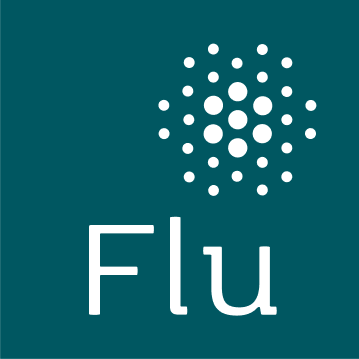The Centers for Disease Control and Prevention (CDC) is reminding Americans about the importance of getting their annual flu shot during National Influenza Vaccination Week (NIVW), held this year from December 2 through 6. This awareness campaign emphasizes that it's not too late to get vaccinated against the flu.
Getting a flu vaccination in early December can help give your immune system time to protect you from getting the flu—or from developing serious complications from it—before the winter holidays. It takes about two weeks for your body to develop antibodies after vaccination. Timing your flu shot during National Influenza Vaccination Week helps to protect you during peak social activities during the holidays, when flu can spread more easily as people travel and gather with others for indoor events.
Recent data from Southern Hemisphere countries, where flu season occurs during our summer months, suggests that the flu vaccines there were effective.
The flu vaccines that have been manufactured for the Northern Hemisphere flu season have been designed to protect people against the same virus subtypes as Southern Hemisphere flu vaccines did.
Early estimates of flu vaccine effectiveness from several Southern Hemisphere countries showed that these vaccines reduced flu-related hospitalizations by about 35% overall. This is similar to vaccine effectiveness levels in the last three flu seasons in the Northern Hemisphere.
During the 2023-2024 flu season, flu vaccines prevented an estimated 7.4 to 15 million flu illnesses, 3.6 to 7.4 million medical visits, and 100,000 to 240,000 hospitalizations in the United States. Research has shown that even if vaccinated people do get sick, they typically experience less severe illness. Results from a 2021 study showed that adults who had a flu vaccine and were hospitalized with flu had a 26% lower risk of intensive care admission and a 31% lower risk of death, compared to unvaccinated patients.
Getting vaccinated not only protects you but also helps safeguard those around you who are at higher risk for serious flu complications. This includes adults 65 years and older, children who are younger than 5 years old, pregnant people, and individuals with certain chronic health conditions such as asthma, heart disease, or diabetes. For these high-risk groups, flu vaccination is especially important, as it can help prevent severe complications and hospitalization.
This year's NIVW serves as an important reminder that there's still time to get vaccinated. Take the time now to protect yourself and your loved ones during the holiday season and beyond. If you have questions about flu vaccination, ask your doctor what is right for you.

